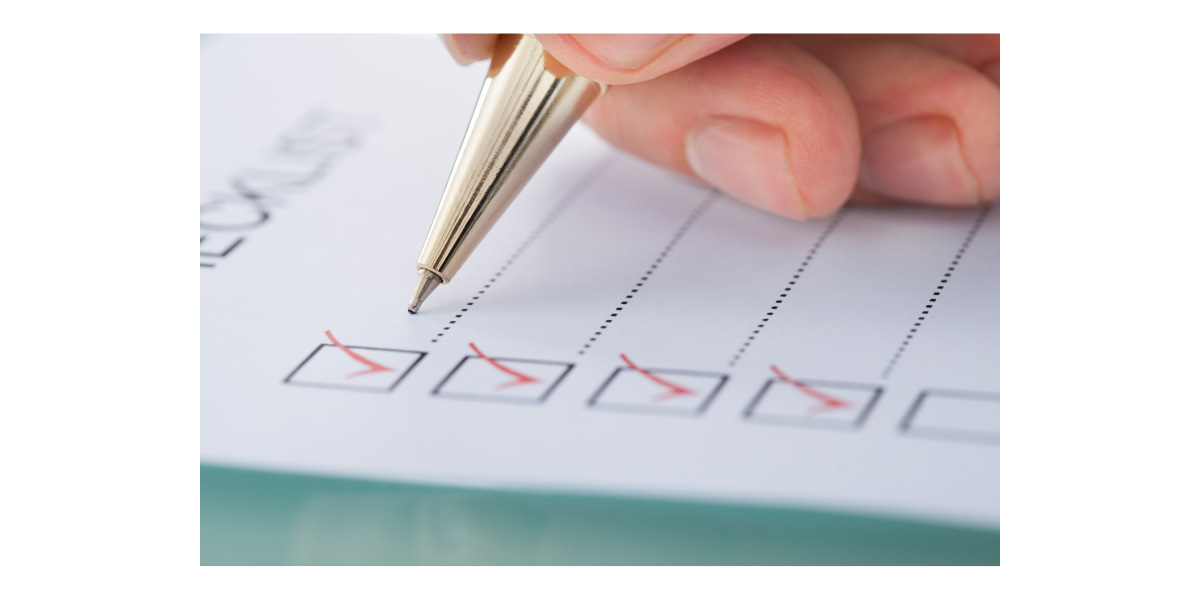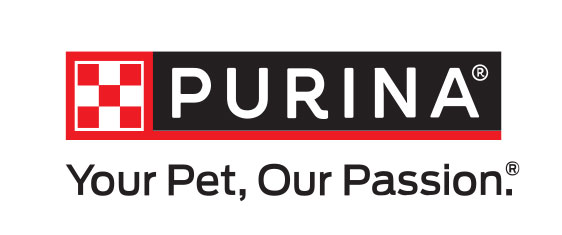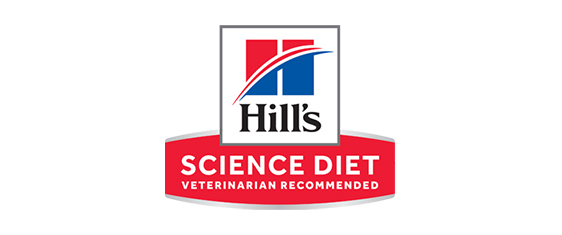Pet Disaster Preparedness Checklist
Doctor of Veterinary Medicine

While efforts are made to answer all questions as quickly as possible, if an immediate answer is required or if your pet is in need of urgent or emergency care, contact your pet's veterinarian immediately.
Doctor of Veterinary Medicine

You will receive an answer from Dr. Lindsay and our vet/tech team as soon as possible, usually the same day.
All answers are provided for informational or educational purposes only, and are intended to be a supplement to, and not a substitute for, the expertise and professional judgment of your pet's veterinarian.
It may be necessary to consult your pet's veterinarian regarding the applicability of any opinions or recommendations with respect to your pet's symptoms or medical condition.
CloseDoctor of Veterinary Medicine

An error has occurred, please reload the page and try again.
CloseWhile efforts are made to answer all questions as quickly as possible, if an immediate answer is required or if your pet is in need of urgent or emergency care, contact your pet's veterinarian immediately.
There is no answer related to your question

When it comes to natural disasters like earthquakes, hurricanes, tornadoes, or floods, it's essential to have a plan for yourself, your family, and even your pets. In some cases, being prepared can ensure the safety and livelihood of your pets. Below is a checklist to help keep your pets safe during a natural disaster.
- Consider microchipping your pets and update the information, including your name, address, phone number, and additional phone numbers
- Keep a collar on your pets with ID tags on them
- Compile a list of pet friendly hotels along the evacuation route
- Compile a list of animal hospitals and numbers along the evacuation route
- Find out which friends or relatives can care for your pets in case of an emergency
- Make sure your pet's vaccinations are up-to-date
- If possible, take animal first-aid classes
It's also important to assemble a portable kit with emergency supplies for your pet. Keep the below items in a sturdy, waterproof container that can be easily carried.
- Medications, copies of medical records, written information about pets' feeding schedules, behaviors, and medical conditions
- Food and water bowls
- Sturdy leashes, harnesses, and carriers
- First aid kit
- Current photos of your pets or of you with your pets
- If possible, pet bed and toys
- Cat litter box, litter, litter scoop
- Garbage bags
- Paper towels
- Pet-friendly cleaner
- Water
Lastly, when preparing for natural disasters, it's best to have an emergency action plan. Practice your disaster readiness by doing drills, which should include your pets.
 Swipe
Swipe



















